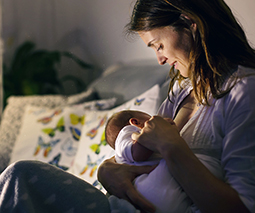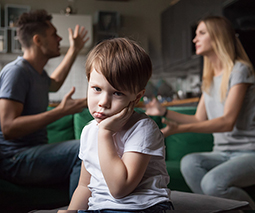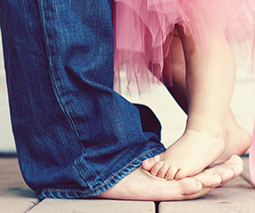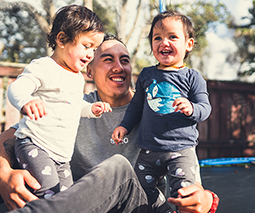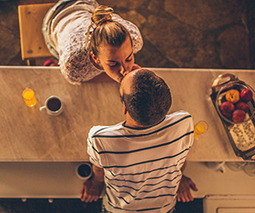Gulp! We officially become our mums at 33
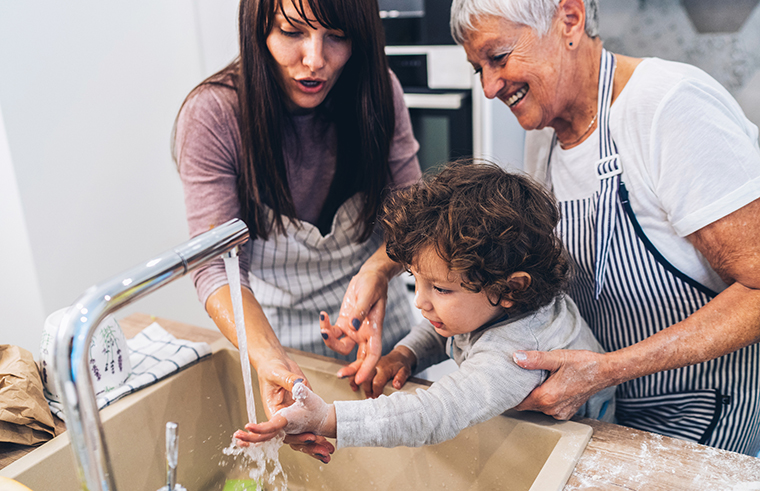
It’s official, we all become our mums at the age of 33.
At least according to a poll commissioned by British plastic surgeon, Dr Julian De Silva.
After decades in the industry, Julian noticed a pattern: most of his patients were hitting him up for a face refresh around 37 years of age, (most men came in around age 43) after complaining they were beginning to resemble their parents.
So he decided to dig a little deeper.
The results of his survey found that most people start acting like their mothers around the age of 33. And the most commonly reported behaviours were watching the same TV shows, taking up the same hobbies and having the same facial expressions.
But don’t worry, that age isn’t set in concrete.
Of the 2,000 people surveyed, he discovered that 52 percent started to behave like their mothers between ages 30 and 35, but 26 percent noticed the change between the ages of 35 to 40; 10 percent between 40 to 50 years old, and 7 percent at over 50.
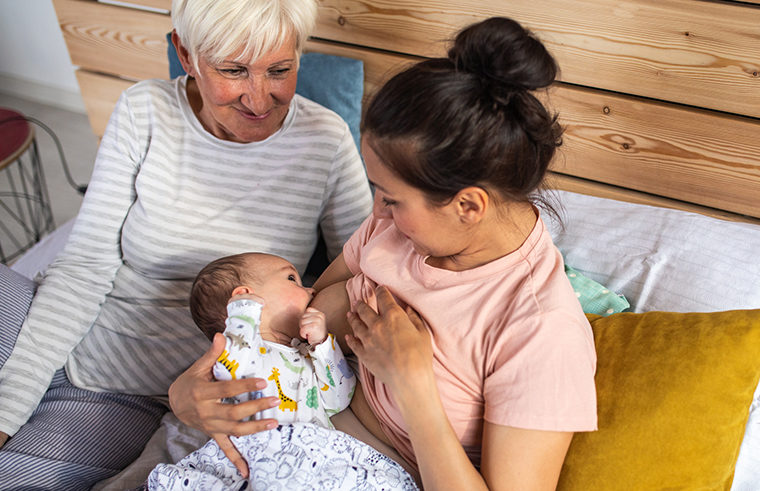
Hint: Cosmetic surgery is not the answer
Hmmm … but something doesn’t add up here, right? I mean you might look young but if your mum always took the garbage bins out in her nightie and complained of the humidity, a bit of surgery isn’t going to change the fact that you will too. It’s genetic programming. We can’t escape it. Or can we?
Well, the answer is a little bit ‘yes’ and also, a little bit ‘no’.
According to Diane Barth, a psychologist who writes for Psychology Today, we are “programmed to develop through interactions with others.”
She writes: “This is why early parental behaviour has such an impact on our psyches – parents and siblings are the main people that most infants and toddlers interact with. This internal programming is also one of the reasons we can change throughout our lives – interactions with friends, teachers, other relatives and lovers can all teach our brain new patterns, which can alter our relationships and our sense of self.”
This programming may shift throughout our adult lives, but when we have a child of our own and return to scenes or places familiar to our childhood, we kind of regress and start using the same language and behaviours we swore we’d never use.
Diane says we can blame (or thank) the neurons in our brain for that!
“[Our neurons] tend to flow in an established pattern. We can change those paths; but in certain situations, like when we go home for a holiday, familiar interactions cause the neurons to quickly re-align on old paths … and we hear ourselves using those familiar phrases from childhood, sentences we promised ourselves we would never say to our own children.”
Is this good news or bad news? Your experience will tell you
Depending on your relationship with your mother, this scientific fact may or may not fill you with complete delight. Certainly, as Diane says, girls often struggle with separating their identity from their mothers, because our mothers are the first and most dominant female role model we have. So, we do ‘copy’ them to some degree. Because that’s how we learn.
But she also says there are lots of ways to accept and move beyond any negative feelings we may have with this, using grace and good humour too.
“Although we may feel like we’re just like our parents, a slight shift in how we deal with these struggles and how they are handled might be enough to make a big difference in the outcome. But don’t think this will put you above criticism. Your kids will still need to point out what you have done wrong – it’s part of growing up,” says Diane.
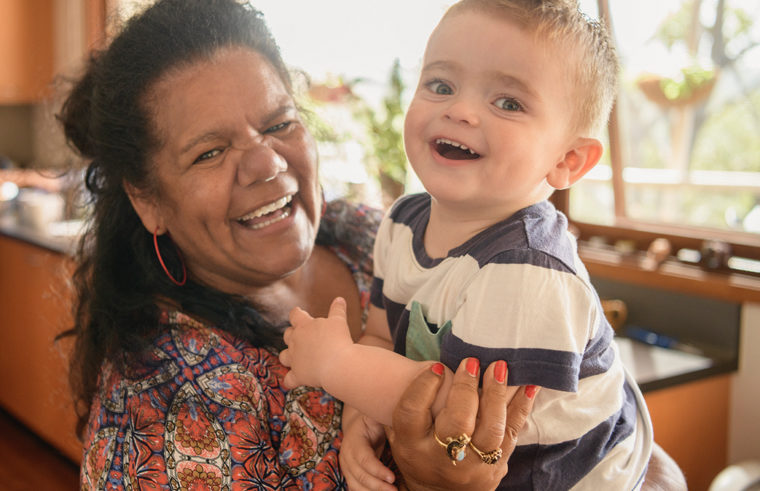
Four steps to making peace with your mum-like traits
Ultimately, mums aren’t all bad. *wink* Some of their most annoying habits are kind of useful! Diane herself lists being organised, having energy and her love of books as her favourite inherited qualities.
So if you need some help finding your mojo in this area of your life, these four facts from Diane may support the process.
1. You may sound and act like your mother, but you are not your mother
You are different people. Even if you use the same words and some of the same behaviours, the context and your reasons behind them are different.
2. Your children are not you
Watch the interactions between your mother and your own children. They are guaranteed to react differently to the same words and actions as you did (or still do!).
3. It’s possible your children will sound more like your mother than you do
Now, here’s a curly one! Diane says it can be very hard not to react to your kids when they say the things your mum used to say to you. She reminds us: “You have not suddenly become the child you once were, even if your neurons want you to believe that you have. And your child has not become your parent!”
4. Tiny changes in your behaviour have great power
You may recognise a situation with your own child that is similar to your childhood and initially react the same way. But Diane says you can turn things around by acknowledging it, accepting it and then choosing to deal with it differently next time.
Sounds simple, doesn’t it!

